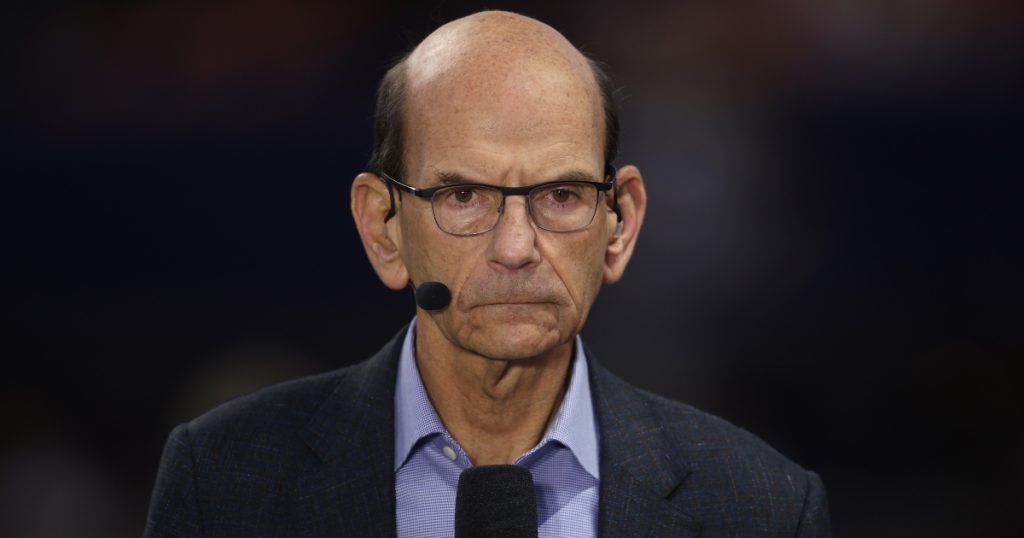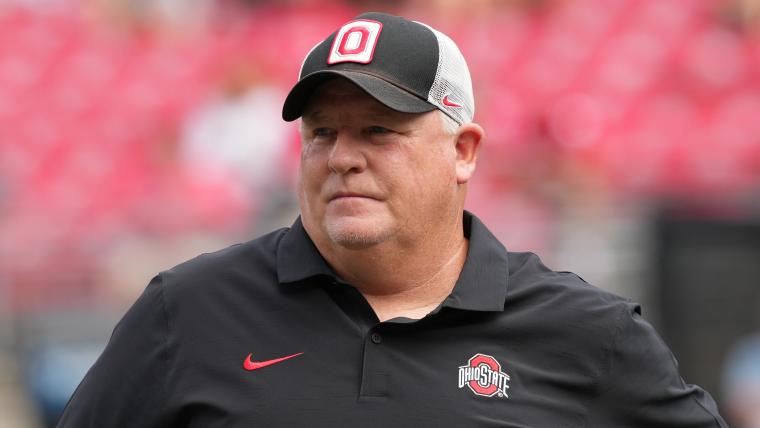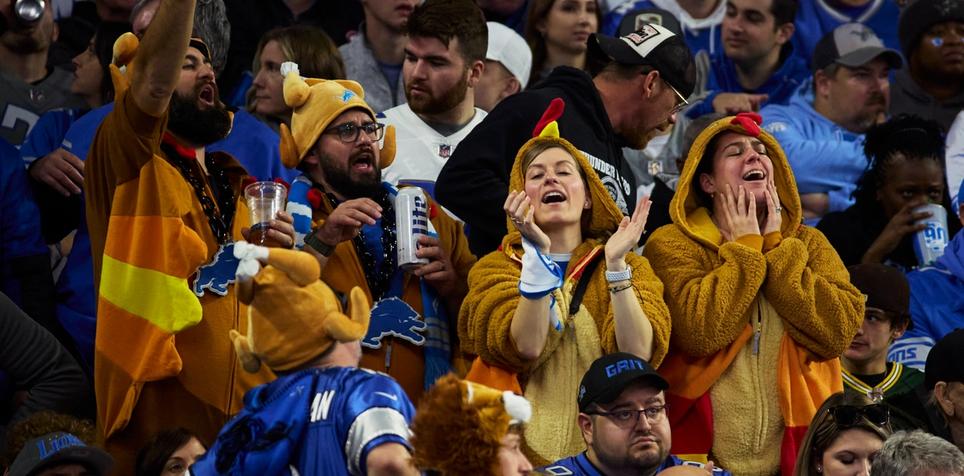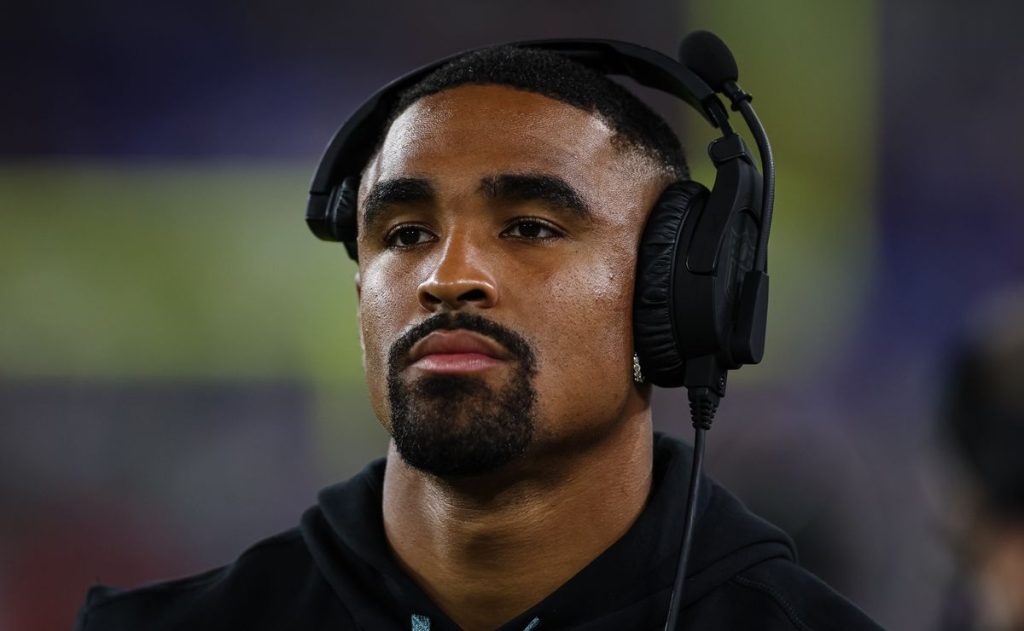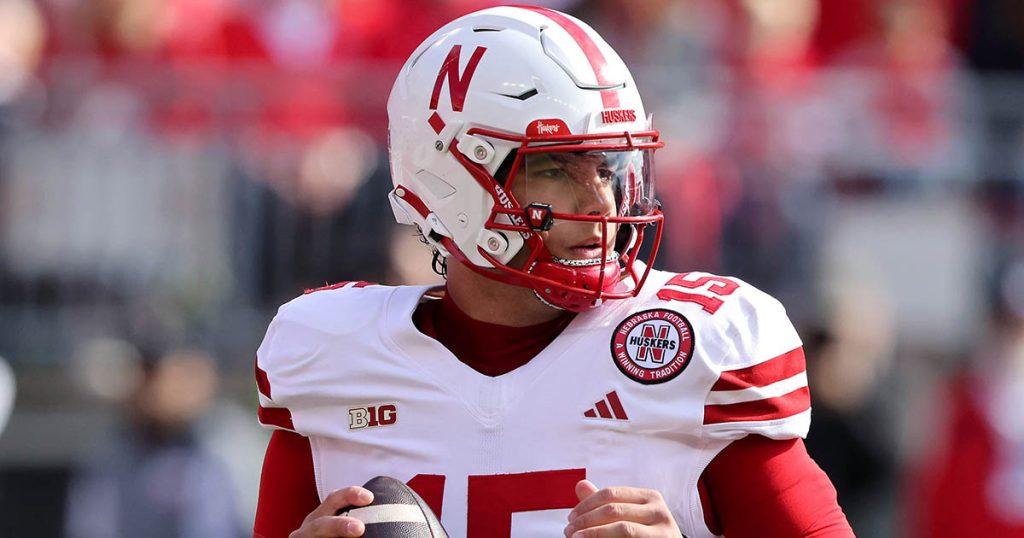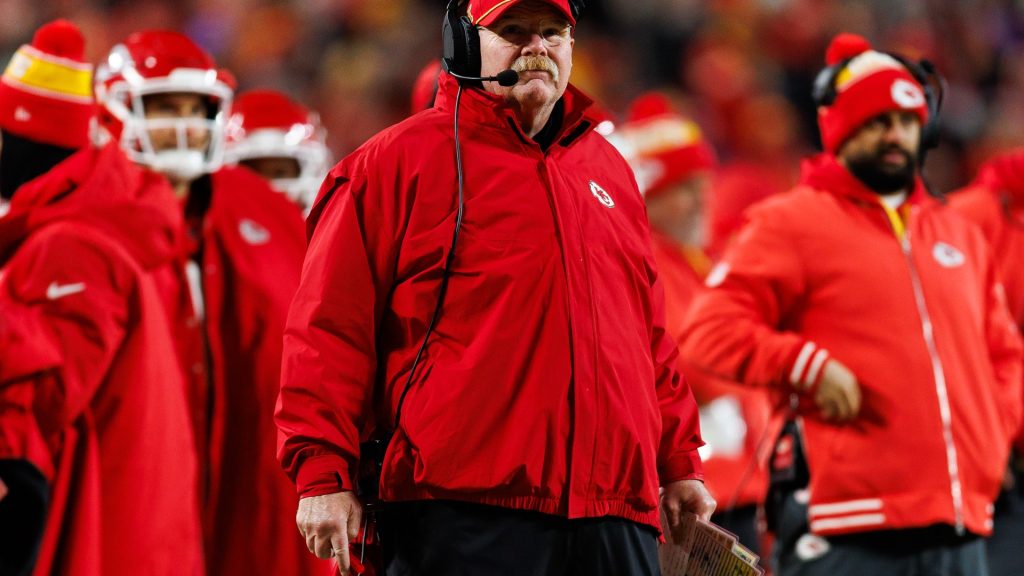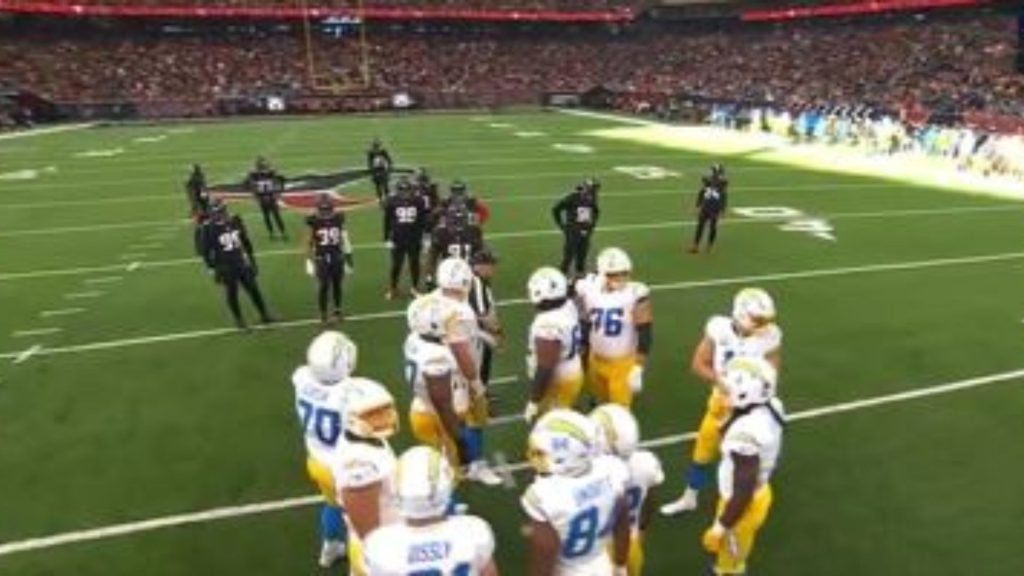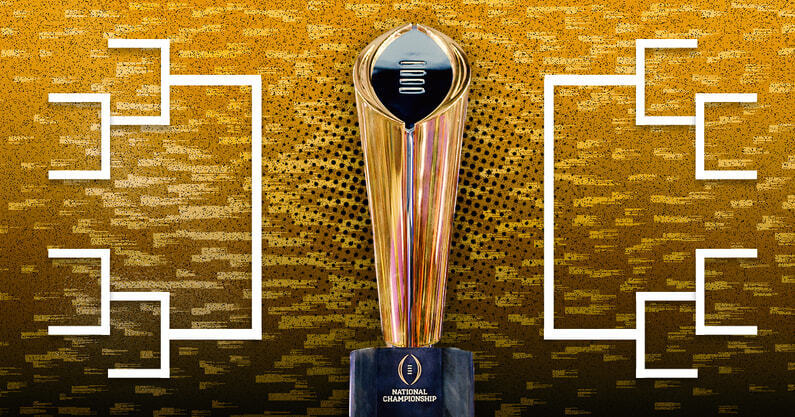In recent weeks, a hot topic has emerged in the world of college football scheduling, igniting passionate debates among analysts and fans alike. The focus? The timing of the iconic Army–Navy game, traditionally held the weekend after conference championship games. On Thursday, SEC Network’s Paul Finebaum added his voice to the discussion, advocating for a change.
Calls for Change in Scheduling
Finebaum’s bold stance was clear when he stated, “Well we’re wasting a week, I know I’m going to upset somebody, but the week of the Army-Navy game needs to be the playoffs. That is a wasted Saturday. What do we have? We have the Army-Navy game and the Heisman. We can’t figure that out some other time?” His comments, made on The Matt Barrie Show, reflect a growing sentiment among analysts that the current scheduling does not do justice to this historic rivalry.
Tradition vs. Modern Needs
Prior to Finebaum’s remarks, FOX Sports’ Joel Klatt had already stirred the pot with his own controversial opinion. Klatt suggested that the Army-Navy game, while steeped in tradition, is being overshadowed by the Heisman Trophy presentation and the College Football Playoff discussions. “I don’t think that we should have Army-Navy right after the conference championship games,” Klatt asserted. “It’s one of the great football games on the planet, and it’s getting pinched where it’s at.”
The Significance of the Army-Navy Game
Why is this game so significant? The Army-Navy game is not just a contest between two teams; it symbolizes the spirit and camaraderie of the service academies. It’s a moment that unites current and former service members, and it holds a special place in the hearts of many Americans. The game has become an annual tradition that transcends football, celebrating the values of honor, duty, and sacrifice.
Spotlight on the Game
One of the key arguments for maintaining the current schedule is the spotlight that the Army-Navy game receives in its traditional slot. The game has become a standalone event, drawing attention from across the nation and allowing both academies to showcase their pride and spirit. “The Army-Navy game being played when it is allows a certain spotlight on the game, something both service academies appreciate quite a bit,” noted one analyst. This unique positioning gives the game a significance that could be lost if it were to be moved.
Reimagining the Schedule
Despite the arguments for tradition, Klatt believes that the game deserves a better spot on the calendar. “Army and Navy are now in a conference. Yet, their game doesn’t have any bearing on whether they’re going to the conference championship game or not, which we just saw this year with Navy,” he explained. He proposed that the Army-Navy game should kick off the football season, suggesting it could be played during Week Zero. “It’s not in the right spot. Army-Navy needs to start the football season. Week Zero of football,” he emphasized.
Finebaum’s Agreement
Finebaum echoed Klatt’s sentiments, expressing his agreement with the idea of moving the game. “I agree,” he told Barrie, signaling that there is a growing consensus among analysts that a change might be necessary. The question remains: how would such a change impact the game’s legacy and the traditions surrounding it? Would moving it to an earlier date diminish its significance, or could it elevate the game to new heights?
The Future of College Football Scheduling
The debate over the Army-Navy game is reflective of a larger conversation about college football scheduling as a whole. With the increasing commercialization of college sports and the growing importance of playoff rankings, the traditional calendar is being scrutinized like never before. Fans and analysts alike are left wondering if it’s time to adapt to the evolving landscape of college football while still honoring the traditions that make the sport so special.
Engaging the Fans
Ultimately, the heart of college football lies in its passionate fan base. The Army-Navy game is a cherished event, and any changes to its scheduling will undoubtedly spark discussions among fans. How do you feel about the potential shift? Would moving the game enhance its prestige, or would it strip away the nostalgia that comes with its current timing? As the conversation continues, one thing is clear: the Army-Navy game will always hold a special place in the fabric of college football, regardless of when it takes place.
As we look ahead to the future of college football, the discussions surrounding scheduling will only intensify. With strong opinions on both sides, it will be fascinating to see how the landscape of college football evolves and how traditions like the Army-Navy game will adapt to the changing times.

